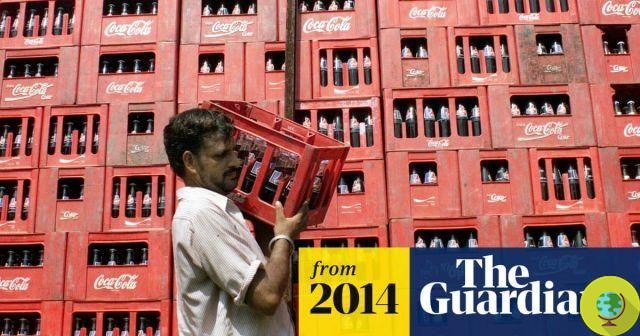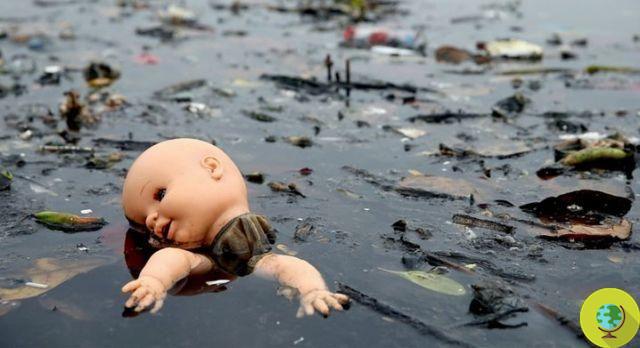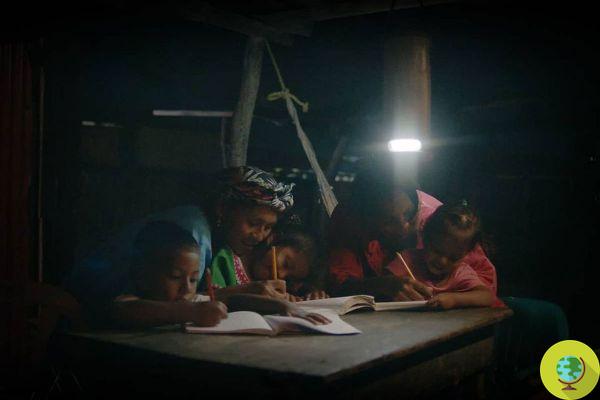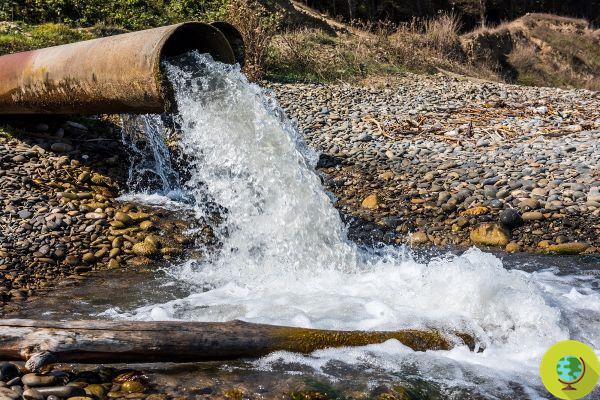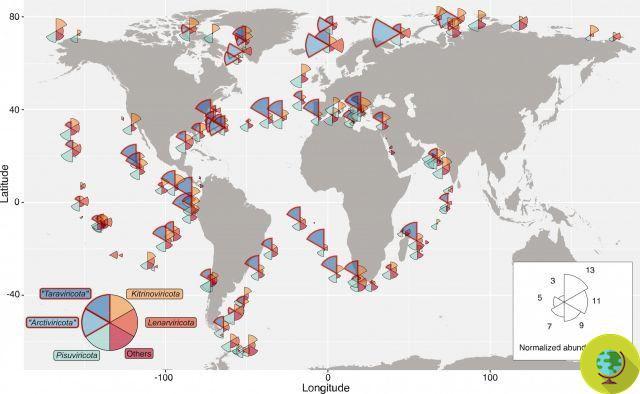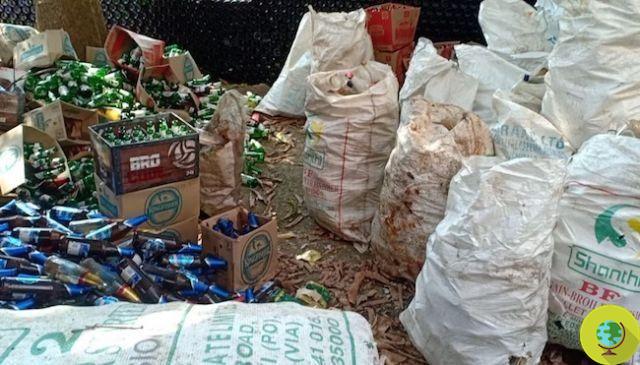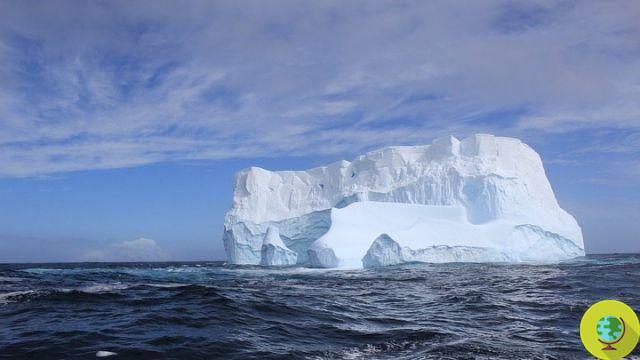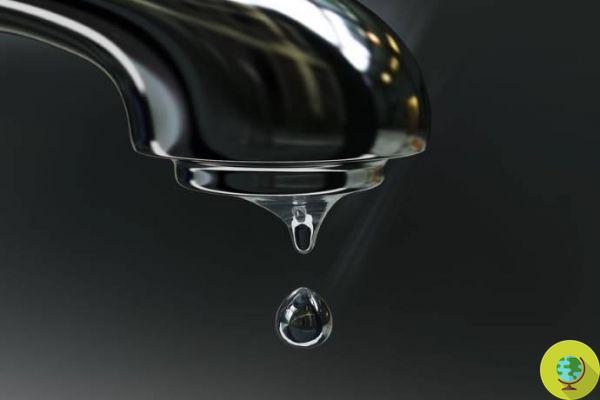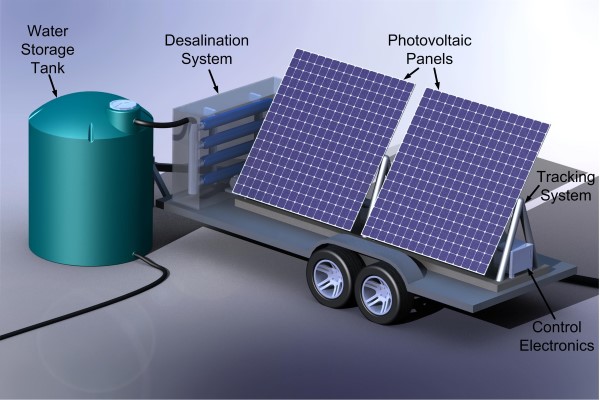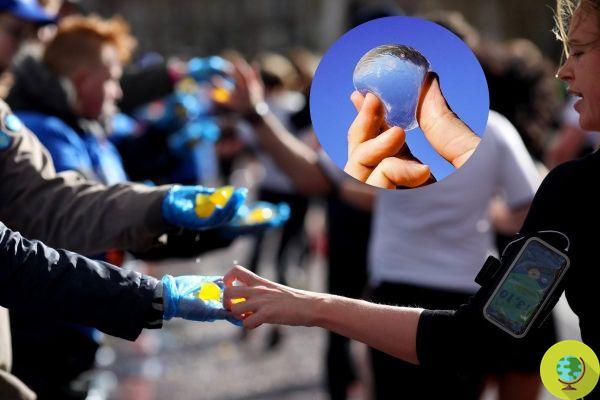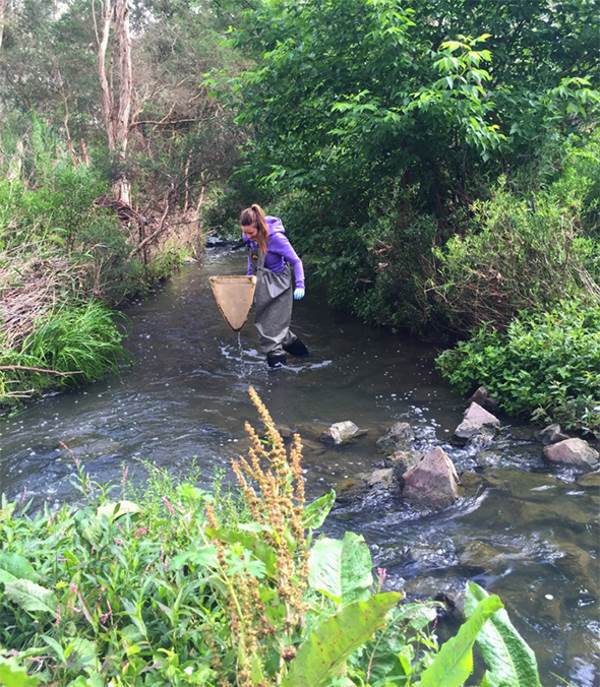The climate crisis is making water resources increasingly precious. We must act fast if we don't want to run out of water
Amidst floods and droughts, the climate crisis is making the water resource increasingly precious. We must act fast if we don't want to run out of water
Water is a resource that is becoming more and more precious. According to the United Nations, more than 5 billion people will have difficulty accessing water in a few years' time - which is why it is important to move urgently and do something now. As early as 2018, 3,6 billion people had difficulty getting water for at least a month a year, according to the UN water report, which comes just weeks before COP26 in Glasgow.
The report underlines that in the last 20 years the levels of water conserved on Earth - in the form of streams, aquifers, snow and glaciers - have dropped at the rate of 1 centimeter per year: just think that, of all the water present on the planet, only 0,5% is drinkable and usable by man. As can be seen from the map, the most serious losses are recorded in Antarctica and Greenland, but many places in low latitudes and densely populated are also experiencing significant water losses in those areas that were once a source.
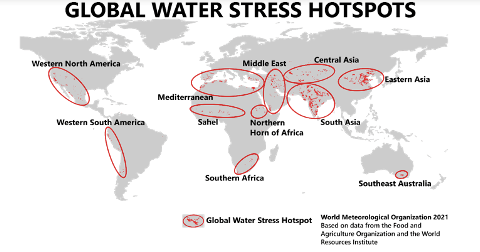
@WMO
Rising temperatures are modifying rain cycles in various areas of the world, leading to changes in precipitation patterns and in the seasonality of atmospheric phenomena, with a great impact also on food safety and human health. Since 2000, environmental disasters linked to floods have increased by 134% compared to the previous two decades - this is because humidity levels in our atmosphere have increased (+ 7% globally), contributing to flood phenomena. Most of the economic and human losses associated with flood disasters occur in Asia, where flood protection systems clearly need strengthening. At the same time, there has been a 30% increase in the amount and duration of drought phenomena since 2000, with Africa as the most affected continent.
This is why the United Nations urgently asks that the governments of the world take concrete commitments in the defense of the water resource, and they hope that the COP26 meetings can represent a starting point for the change of course much coveted - so far, in fact, most leaders have not gone far beyond words in tackling climate change and pollution. Countries like China, for example, have declared their commitment to achieving carbon neutrality by 2060, but without having a concrete plan on how to achieve this goal, which will probably only remain on paper.
Follow us on Telegram | Instagram | Facebook | TikTok | Youtube
Source: WMO
We also recommend:
- Water, other than a common good: once again we try to privatize it under our noses
- Salt water + fresh water = the energy of the future?
- We are willing to do anything to save the Planet, but not to give up meat ...




